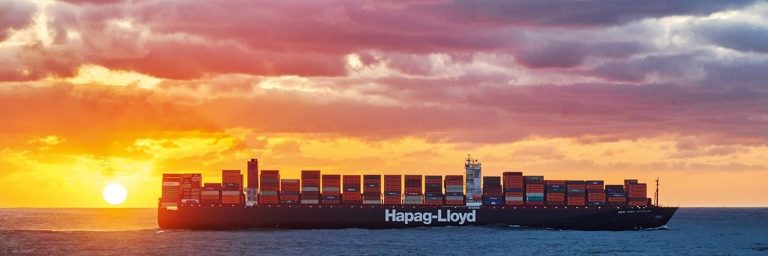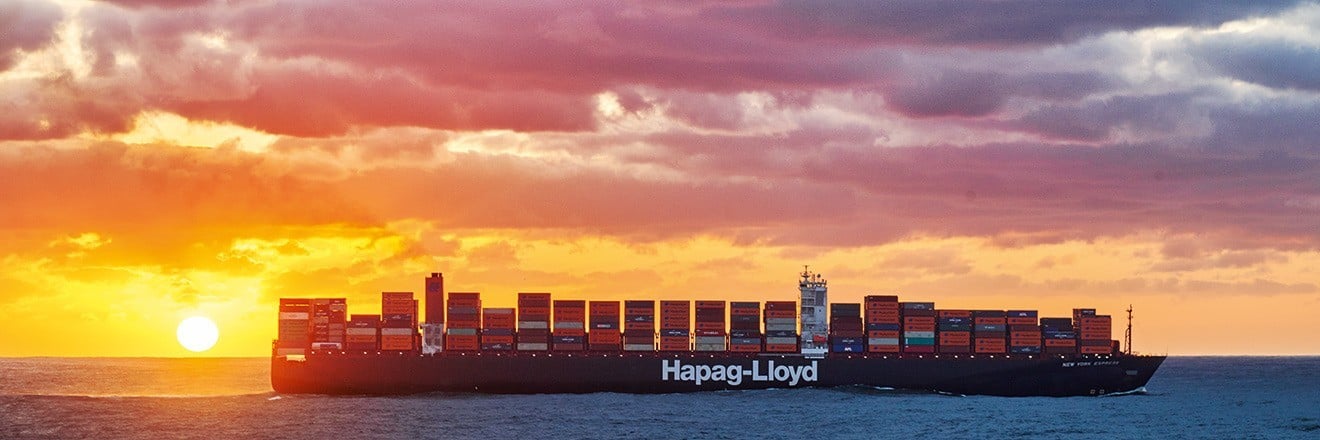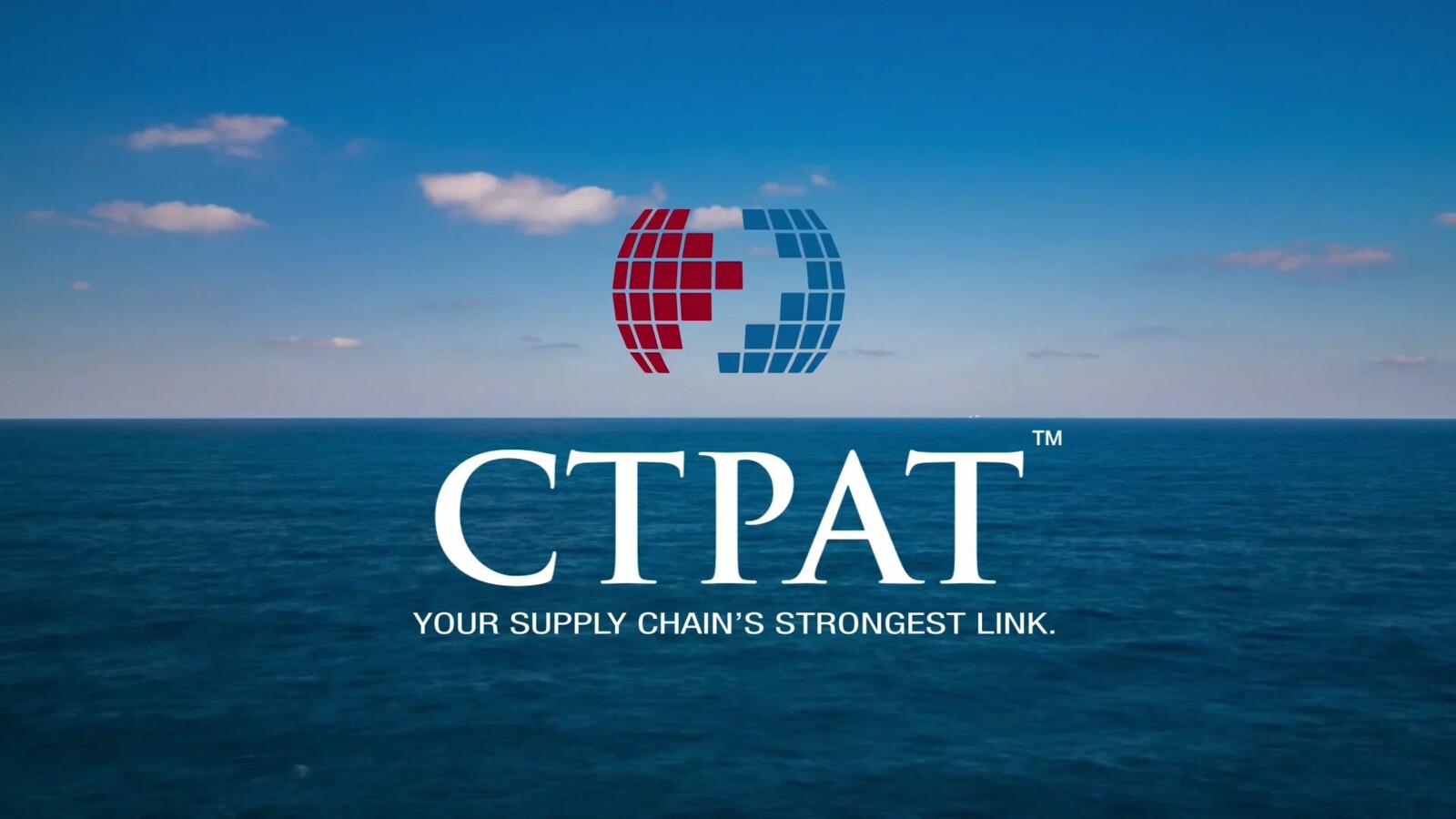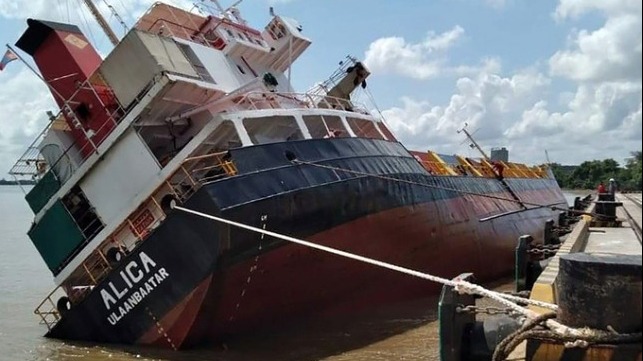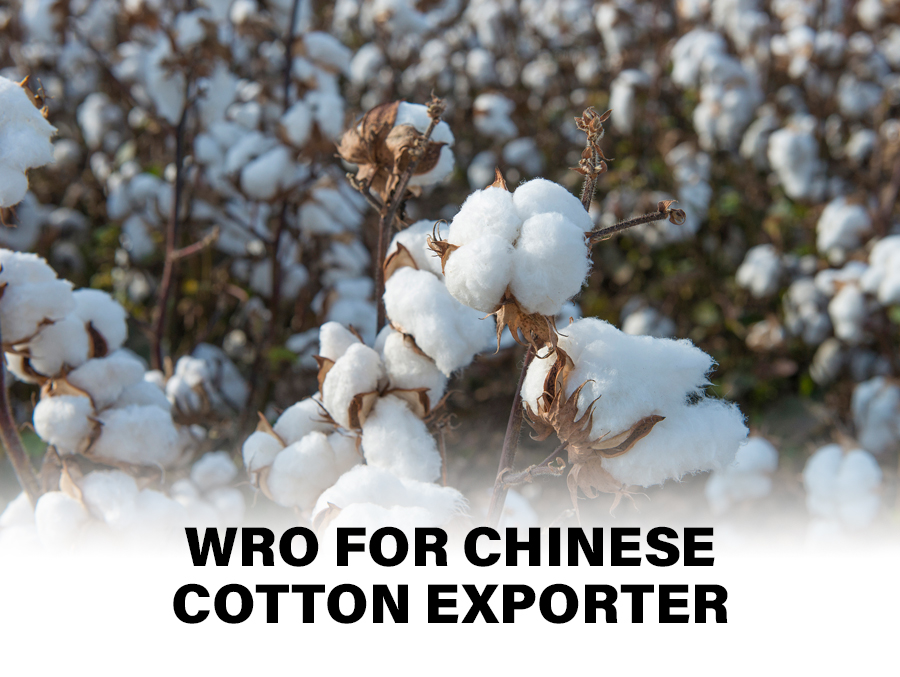Hapag Lloyd, the worlds fifth largest shipping firm by capacity, has announced that they will continue their pause of transit via the Suez Canal In recent times, a noticeable shift in global shipping routes has emerged, as cargo vessels opt to circumvent the Red Sea, choosing instead to traverse the longer route around the Cape of Good Hope. This strategic deviation is a direct response to the heightened threat posed by Houthi attacks in the Red Sea region, presenting an increasingly perilous environment for maritime commerce. With ongoing droughts in the Panama Canal, two of the worlds most vital trade routes are being choked off, representing a significant challenge in international shipping.
The Red Sea, historically a vital passage linking Europe, the Middle East, and Asia, has become embroiled in unrest due to ongoing conflicts and the presence of armed groups, particularly the Houthi rebels in Yemen. The Houthi’s have declared they are targeting any vessels which they believe are headed for Israel, therefore enacting an informal blockade. Their intensified attacks on commercial vessels, ranging from missile strikes and drone attacks to waterborne assaults, have significantly increased risks for cargo ships navigating these troubled waters.
In response to these escalating threats, cargo vessels rerouting around the Cape of Good Hope reflects the paramount importance placed on ensuring the security and protection of maritime trade. However, this shift comes at a cost. While providing a seemingly safer alternative, the longer route leads to extended voyage durations and heightened fuel consumption, incurring substantial operational expenses for shipping companies which is then passed on to shippers and ultimately, importers across the globe.
The repercussions of this strategic change reverberate throughout global trade networks. The elongated voyages result in delayed deliveries, disrupting supply chains and potentially causing economic disruptions. Furthermore, the increased operational costs associated with these alternative routes are being passed along to customers, causing concerns over rising expenses for companies engaged in international trade.
This redirection emphasizes the pressing need to reassess geopolitical dynamics and implement enhanced security measures in critical maritime passages. Collaborative efforts among nations, along with strengthened surveillance and proactive security measures in affected regions, are essential to safeguard these vital sea routes against threats that imperil global trade and stability.
Efforts to mitigate these risks require international cooperation and concerted actions to fortify maritime security and preserve the efficiency and reliability of global trade networks. The situation highlights the complexity of today’s geopolitical landscape, where regional conflicts and security challenges significantly influence maritime commerce, demanding adaptive strategies and contingency plans to navigate through evolving threats.
As cargo vessels opt to avoid the Red Sea to evade looming dangers, the maritime industry faces a critical juncture. This necessitates collaborative, multifaceted solutions to ensure the unhindered flow of goods across oceans while prioritizing the safety and security of all involved. The passing on of increased operational costs to customers further underscores the intricate challenges and financial impacts of these geopolitical disruptions on the global trade ecosystem.

